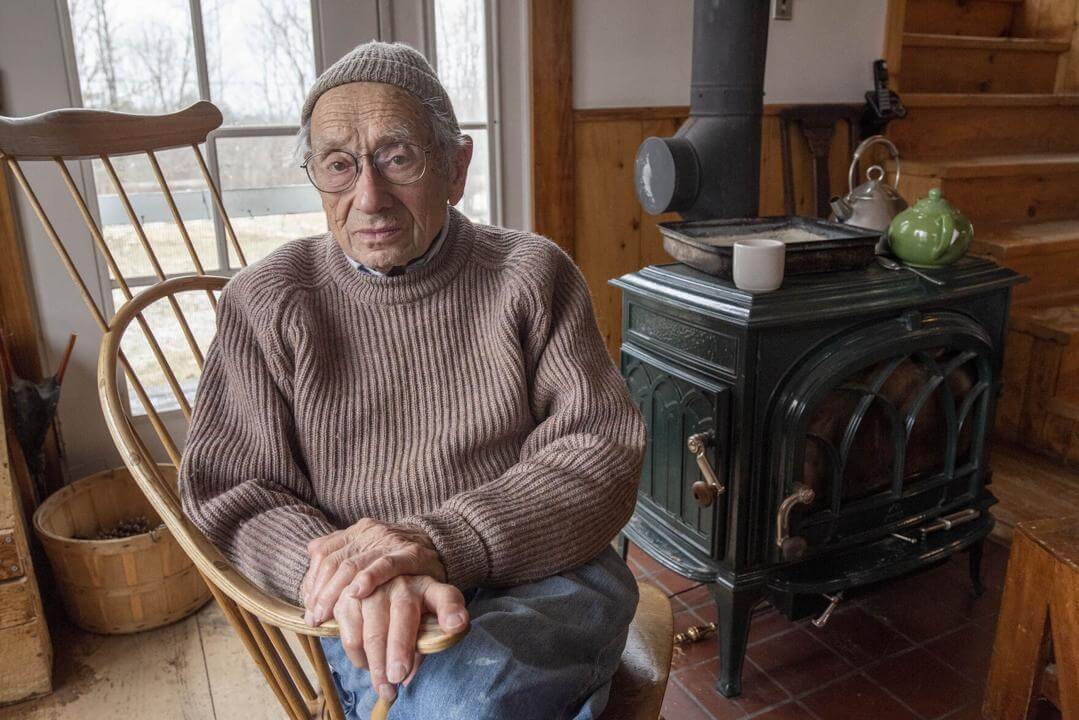Eco-Friendly Nuptials

Green Team: Danya Rivlin (left) and her husband, Eyal, used a hand-made cotton chuppah with Hebrew letters, designed by artist Simmy Haber, during their nuptials at a resort near Boulder, Colo. Image by COURTESY OF SIMMY HABER
Kate Harrison and Barry Muchnick knew that when they got married, their wedding ceremony would need to reflect their environmentalism. After all, they had met at the Yale University School of Forestry and Environmental Studies.

?i Do?: Kate Harrison and Barry Muchnick built a chuppah from rented wicker and decorated it with organic flowers. Image by MoHAMMED ISMAIL
“We really tried to green everything,” said Harrison of her 2007 outdoor wedding in Garrison, N.Y., “and we tried to make the Jewish traditions more eco-friendly.” The couple built their chuppah out of rented wicker and decorated it with organic flowers. Nuchnik’s great-aunt cleverly sewed a glass, traditionally stomped on by the groom at the end of the ceremony, into a pillow that was used to contain the shatter, allowing the couple to keep the shards as a memento and not just dispose of a glass.
“The Jewish tradition is really grounded in the idea of connecting to the past and connecting to the present,” said Harrison, 31, who attributed her social consciousness to her youth in the Zionist Habonim Dror movement.
Inspired by the possibilities of green weddings, but concerned that not enough information was easily available, in 2008 Harrison launched the “Green Bride Guide,” an online how-to handbook on eco-weddings. Green weddings are one of the fastest-growing trends in the wedding industry, she said.
Hardly unique to weddings, eco-consciousness has become increasingly popular in celebrating Jewish holidays and life-cycle events, such as bar and bat mitzvahs.
Major celebrations are increasingly becoming venues for Jews to address concepts like bal taschlit, not wasting, and tikkun olam, repairing the world.
But the green potential for weddings is unique, said Danielle Venokur Greenberg, owner of the New York-based green events planning company dvGreen. “Weddings are a perfect fit for green events because many couples look at their wedding as their first real statement together as a unit — the first step in their new life together.”
Weddings can be hugely wasteful affairs. Harrison estimates that each of the 2.5 million weddings in the U.S. each year produces up to 600 pounds of garbage.
The Coalition on the Environment and Jewish Life encourages soon-to-be-wed couples to discuss how their marriage can be environmentally friendly — number of cars arriving, recycling, eating organic — even before the wedding planning begins.
The Jewish National Fund hosts a GoNeutral calculator on its website that allows party planners to calculate the total amount of energy that goes into a wedding and offset carbon emissions by planting trees in Israel.
“Everything about the liturgy around Jewish weddings is joy, unbridled joy, and not about consumption,” said Joelle Novey, co-author of “Green and Just Celebrations,” a guide for the organization Jews United for Justice, based in Washington, D.C. “Jewish communities have struggled with consumption around wedding celebrations, and people end up doing more fancy things than they have to.”
When Novey, 31, and her husband, Ethan Merlin, 30, were planning their 2008 wedding in Waltham, Mass., they wanted to ensure that everything from guest transportation to gift-giving put minimal strain on the environment. The couple scheduled the wedding on the same weekend that many of their friends were already planning to drive home from a nearby educational retreat so they wouldn’t have to make a special trip.
Using the online Alternative Gift Registry, they registered for membership at a D.C.-area havurah and asked guests to help pay the cost.
Almost any aspect of the wedding can be made eco-friendly, according to Greenberg, who notes that even invitations can be “made from tree-free or recycled paper and printed with veggie-based inks.”
At most Jewish weddings, male guests receive a yarmulke, a token of the day that later usually finds its way to the bottom of a drawer. Greenberg has an alternative: the flower-seed yarmulke. Eco-friendly and sustainable, the custom-made yarmulke — Greenberg’s own invention — is manufactured with seed-embedded paper that can be planted in soil and left to germinate and grow after the celebration ends.
In Boulder, Colo., artist and quilt maker Simmy Haber, has used repurposed silk and an organic cotton and bamboo blend to create a more sustainable chuppah.
And according to Sara Marcus, founder and editor of JewishWeddingNetwork.com, brides can seek out a gemach, essentially a loan service that rents out wedding dresses for a small donation, which she calls the Jewish wedding industry’s “best-kept secret.”
“People are searching for new ways of interpreting their Judaism,” Haber says.
Although it’s traditional for the bridegroom to wear a kittel, a white robe that symbolizes simplicity and purity, Novey decided to wear one as a bride. Hers was made out of hemp and lyocell, a fiber made from dissolved pulp. Novey said she and her husband “felt empowered Jewishly” to make their wedding environmentally sound — and it took a lot of unconventional thinking.
“We felt like this was a time when so many people in our lives were celebrating with us and this was a time to share our values,” she said. “The culture around what people expect when they come to a Jewish wedding can change over time when people are being courageous.”
Josh Tapper is a freelance writer living in New York.

I hope you appreciated this article. Before you go, I’d like to ask you to please support the Forward’s award-winning, nonprofit journalism during this critical time.
Now more than ever, American Jews need independent news they can trust, with reporting driven by truth, not ideology. We serve you, not any ideological agenda.
At a time when other newsrooms are closing or cutting back, the Forward has removed its paywall and invested additional resources to report on the ground from Israel and around the U.S. on the impact of the war, rising antisemitism and the protests on college campuses.
Readers like you make it all possible. Support our work by becoming a Forward Member and connect with our journalism and your community.
Make a gift of any size and become a Forward member today. You’ll support our mission to tell the American Jewish story fully and fairly.
— Rachel Fishman Feddersen, Publisher and CEO
Join our mission to tell the Jewish story fully and fairly.























